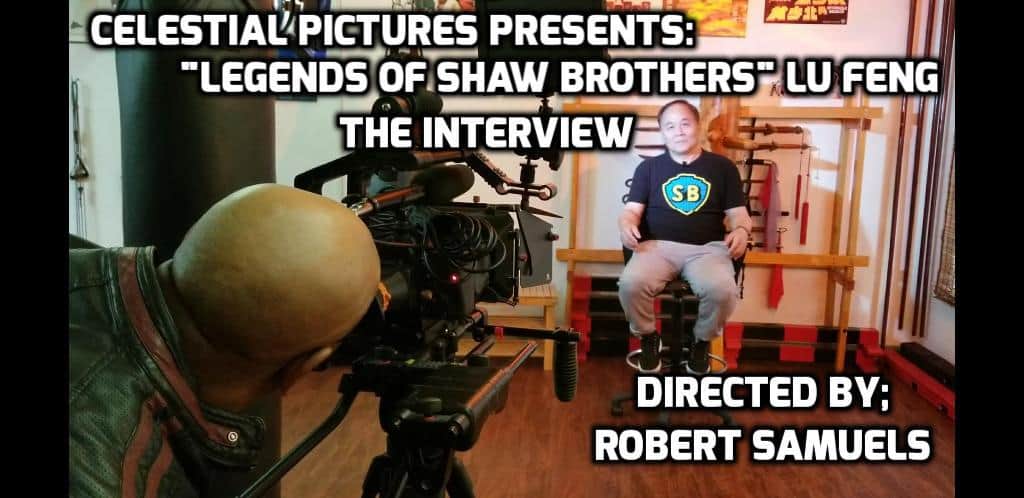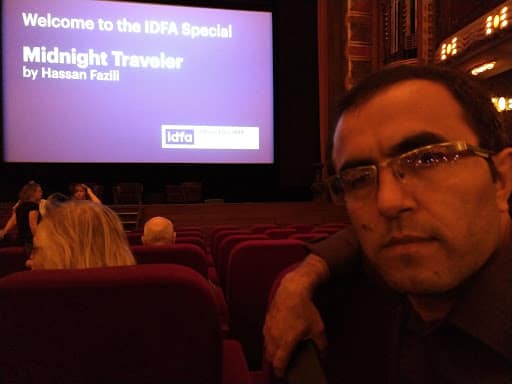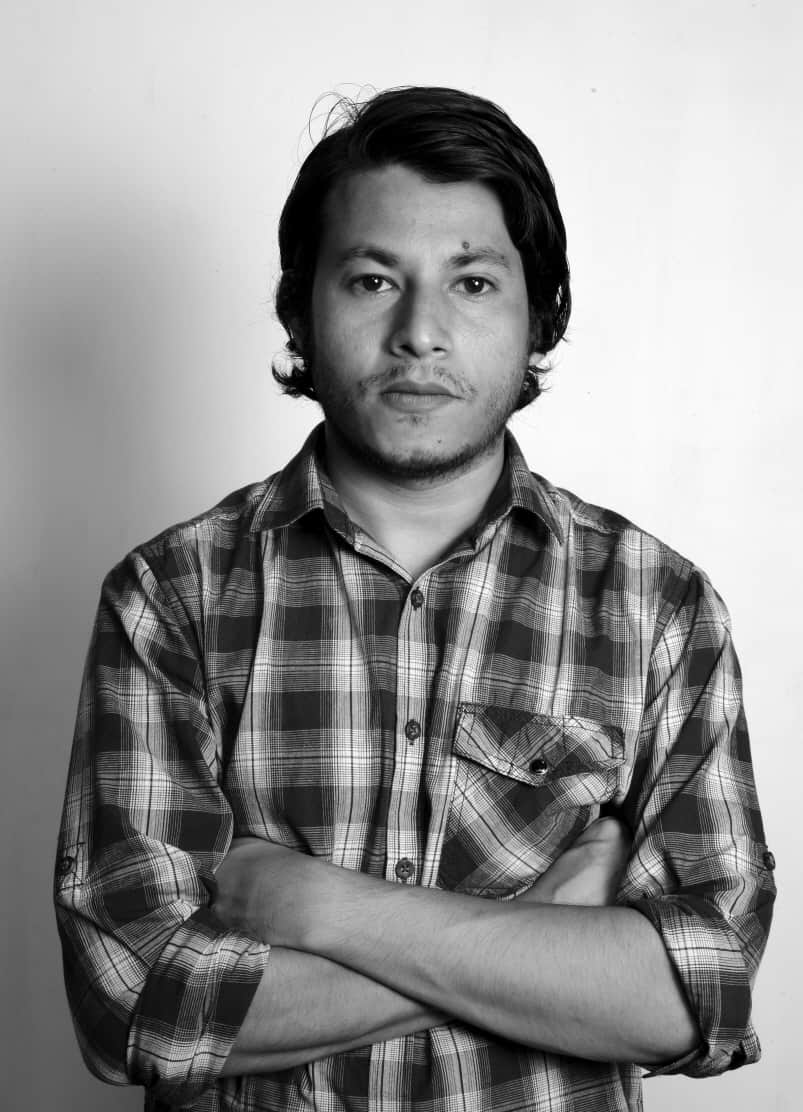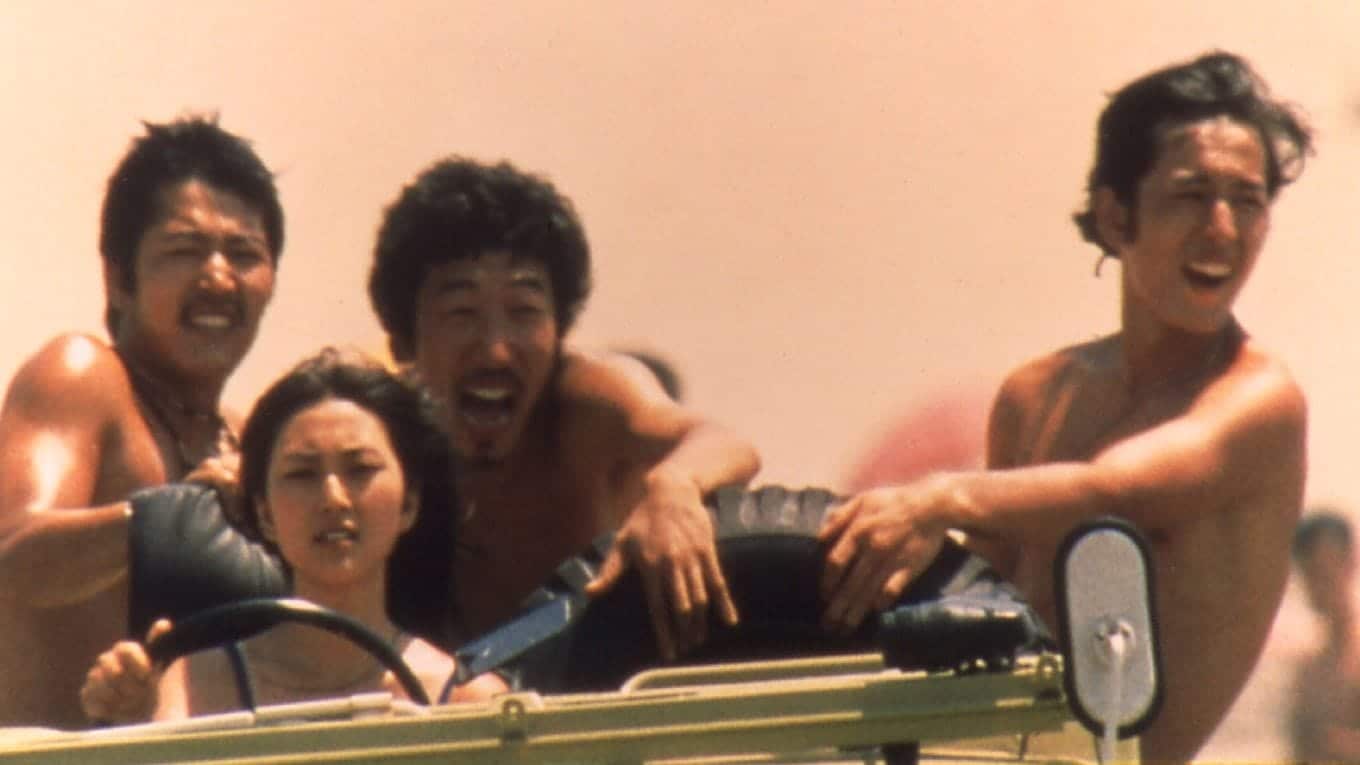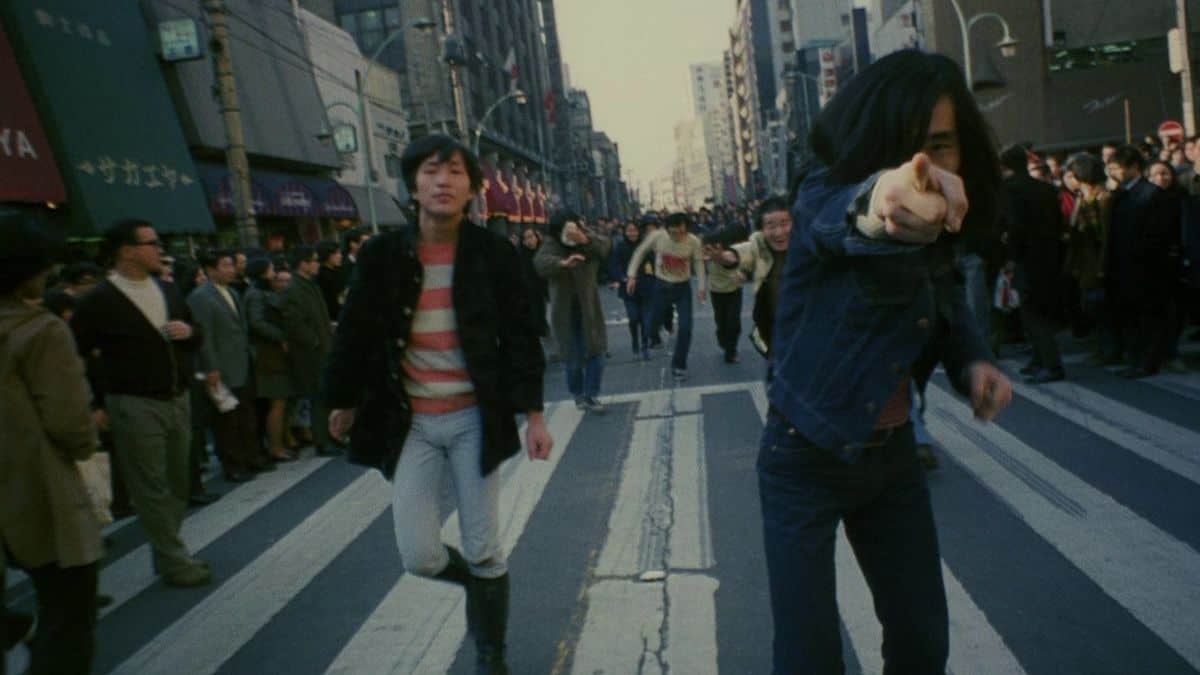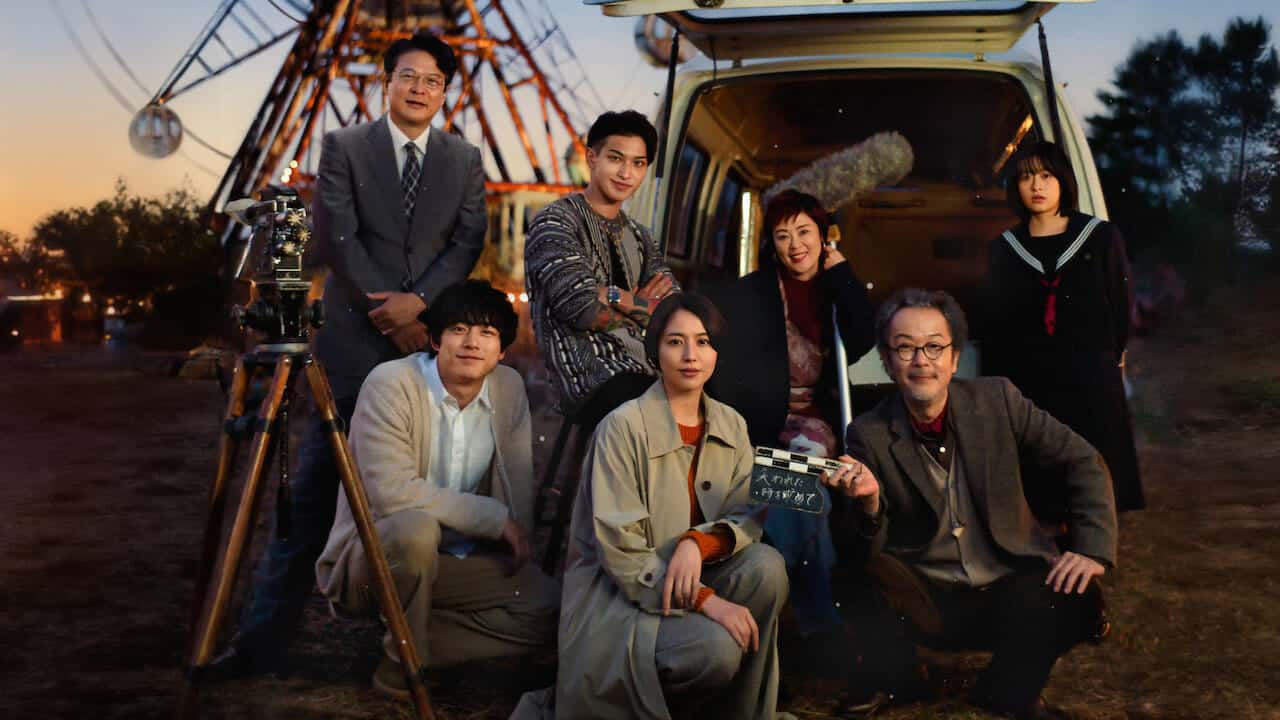11. Ghost in the Shell (Mamoru Oshii, 1995, Japan) Remake: Ghost in the Shell (Rupert Sanders, 2017)
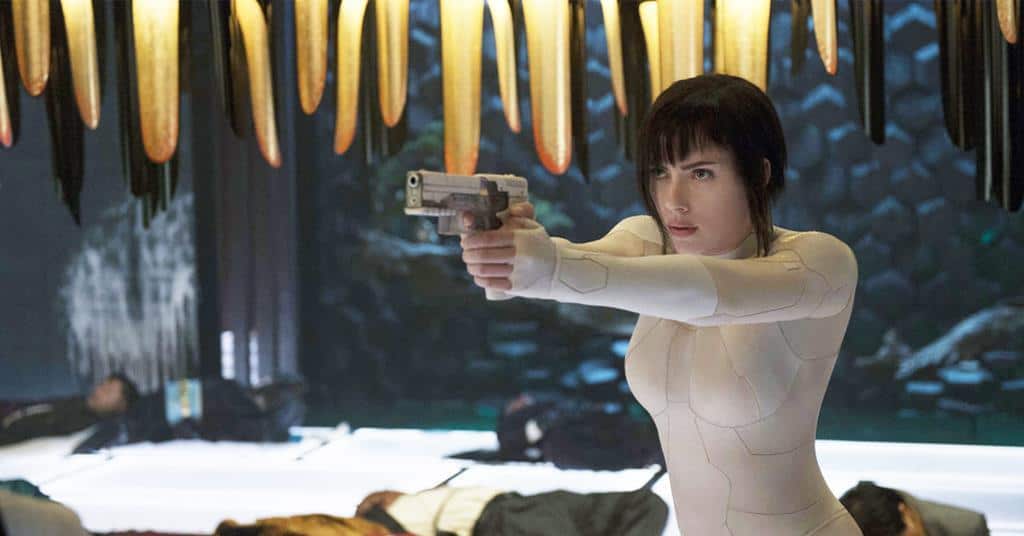
Some films are destined to fail from their inception, and Rupert Sanders's remake of “Ghost in the Shell” was one such. Accusations of whitewashing marred the production from the beginning, since Scarlett Johansson was cast in the lead role of Major Motoko Kusanagi. After release too, the narrative's attempts to explain itself with a backstory to Major failed miserably, resulting in a feature that just didn't sit well with the faithfuls at all. It did fare slightly better with new viewers, but the damage was already done and the production sank swiftly after release. Oh well, at least Takeshi Kitano looked like he was having fun making it!
12. Il Mare (Lee Hyun-seung, 2000, South Korea) Remake: The Lake House (Alejandro Agresti, 2006)
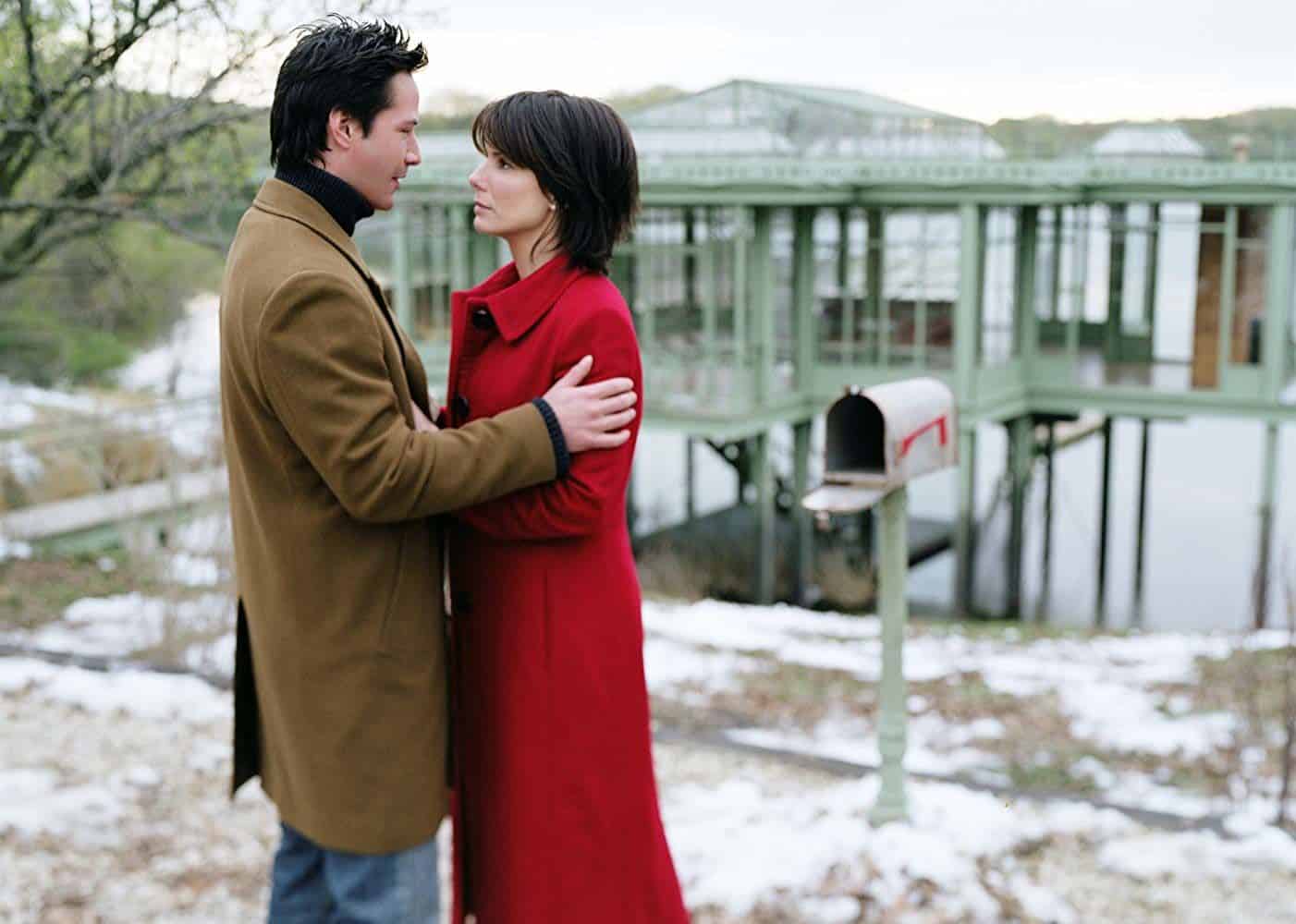
“Il Mare” may not have been a commercial success upon release, but it soon found a loyal fanbase and has today become somewhat of a classic of the early Korean New Wave. Bolstered by two towering performances from Jun Ji-hyun and Lee Jung-jae, the romance, despite its time-paradox plot device, managed to explain itself clearly and made itself easy to follow. The remake, coming 6 years later, however, was puzzling enough to quickly lose the audience, who were left puzzled by the shifts in time and the jumbled plot. Not even the otherwise likeable Keanu Reeves and Sandra Bullock, though nowhere near the original pair's affinity, were able to save this one.
13. Kite (Yasuomi Umetsu, Japan, 1998) Remake: Kite (Ralph Ziman, 2014)
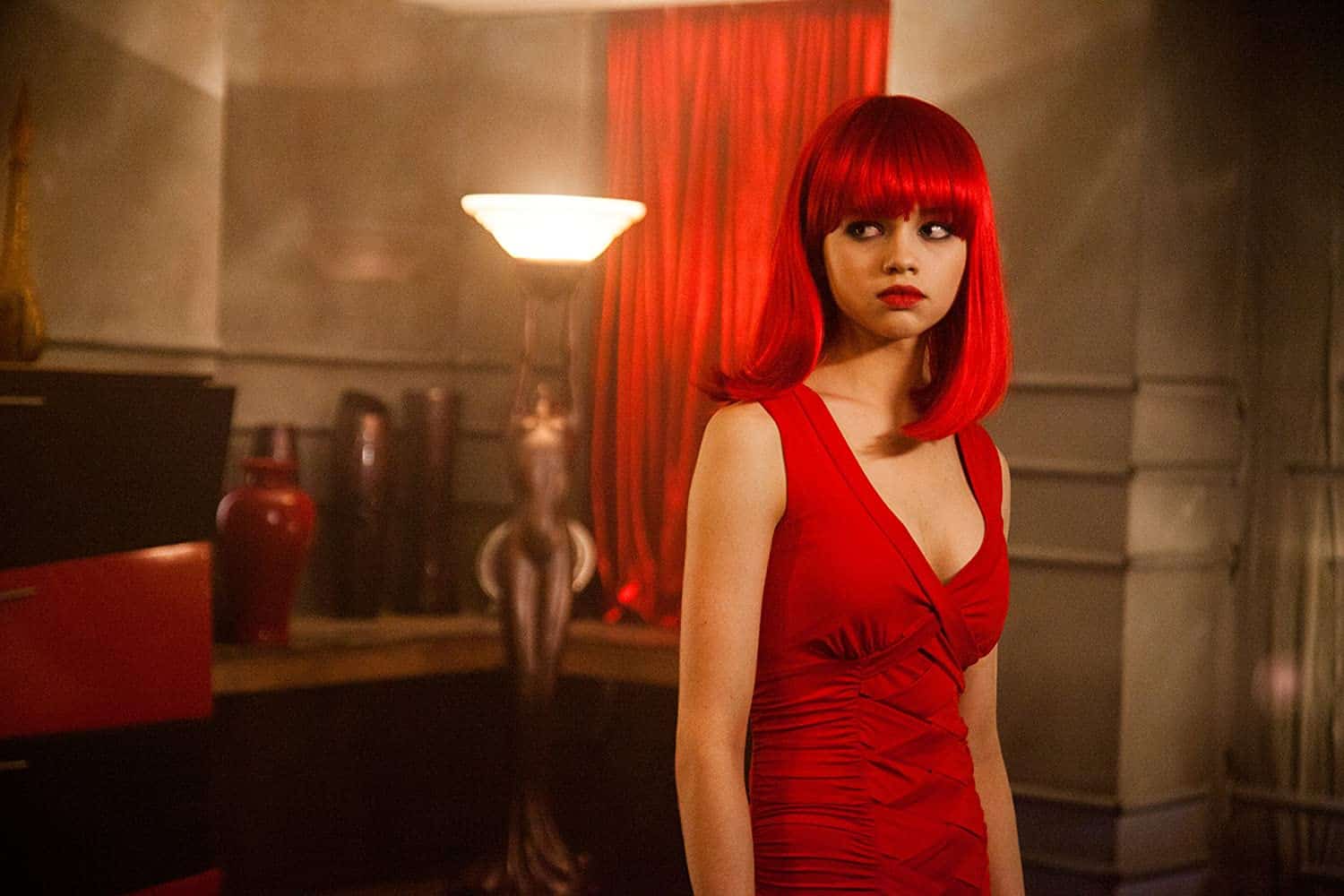
The original Kite OAV was an exercise in excess, mixing appalling hentai with extreme violence. It may not be everyone's taste but its cult status is solidified and the action scenes still hold up today as some of the best ever committed to the medium. To bring the property over to a Western audience there were some, obvious, changes required. Yet, to take a 50-minute anime and expand it to an hour and a half movie, removing sexuality and offering up tepid action sequences, the film fell horribly short of the infamy of its source. Add in bad performances, horrible cinematography, and uninspiring dialogue and you have one of the worst remakes ever. The only bonus is going back through press material and hearing Samuel L Jackson nerd out over the project, as his love for the anime is what brought him on board.

14. Ringu (Hideo Nakata, Japan, 1998) Remake: The Ring (Gore Verbinski, 2002)
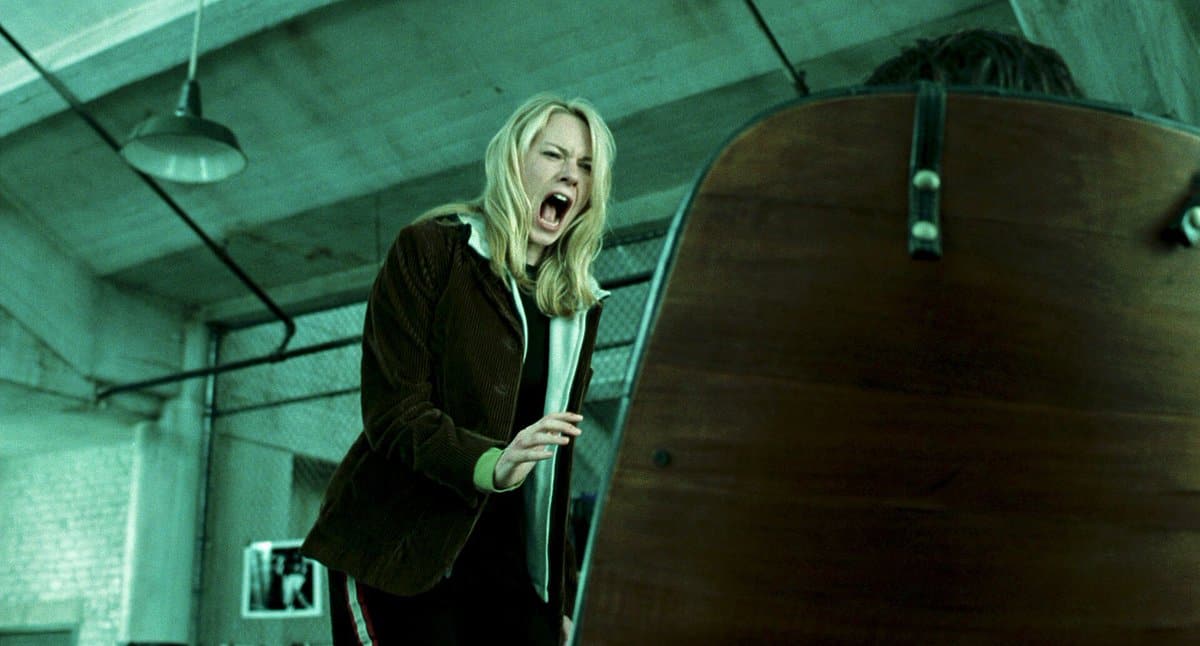
While Hideo Nakatas's “Ring” is arguably one of the classics of the J-horror sub-genre and perhaps even one of the best Asian horror films ever, the same thing cannot be said for Gore Verbinski's American remake “The Ring” starring Naomi Watts. While the performances are most certainly quite good and the scares it delivers still work to some extent, “The Ring” is one of the prime examples of a remake simply not working properly due to the cultural background of the original which simply does not apply to a Western context. Nakata's feature and the novel it is based on are founded on a deeply rooted belief in spirituality, in ghosts and curses, which does not work in a Western or American context, which can also be said for the plethora of English-language remakes that followed Verbinski's example. Additionally, there is very little thought given to aspects such as atmosphere as well. Many of the shots that added to the feeling of dread and powerlessness in the original, are still there in the remake, but without the same impact. Apart from the missing cultural background, there is also the notion of simply mimicking certain aspects, shots and even characters, without giving too much thought about what has made them special and effective in the first place. If there is one thing “The Ring” is (in) famous for, it is how it established the formula for the aforementioned remakes, and their multitude of flaws that has made them a source of frustration and disappointment for lovers of Asian cinema and critics alike.
15. Oldboy (Park Chan-wook, 2003, South Korea) Remake: (Spike Lee, 2013)
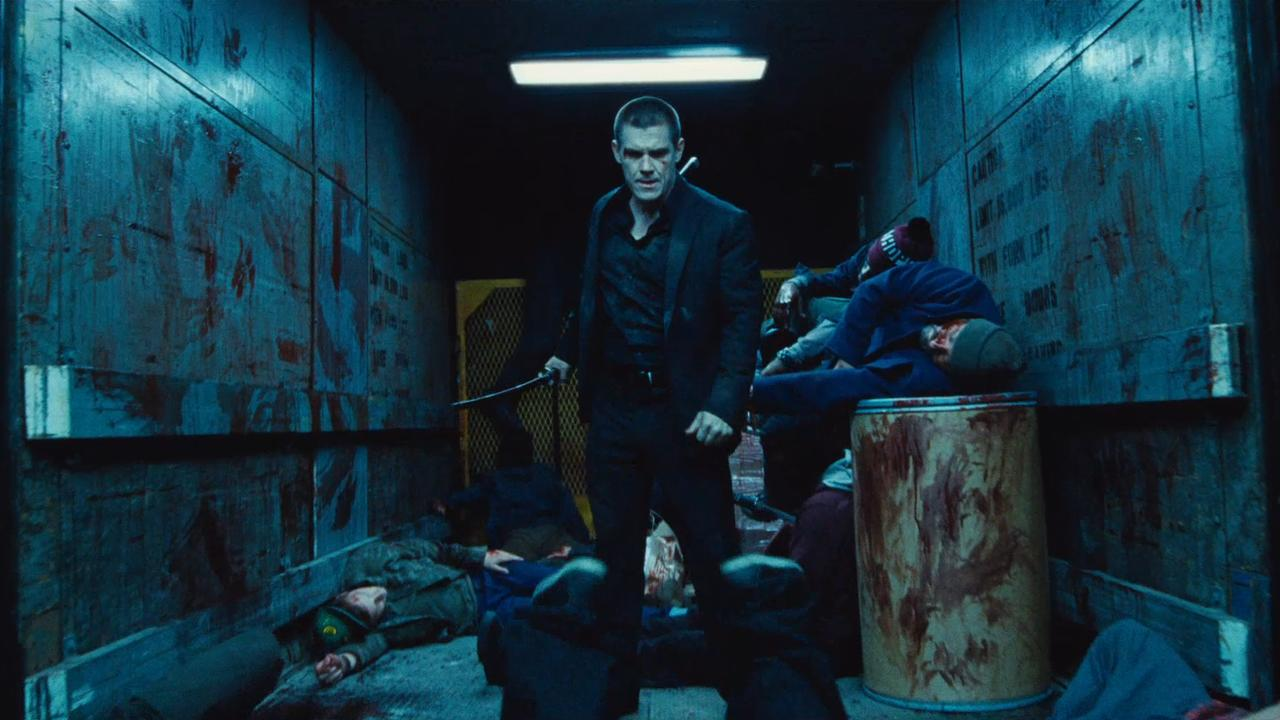
Although “Oldboy” has revenge as its central theme, Park directs a movie with the actual goal of presenting another dimension, one that leads to repentance. The humiliation and ensuing catharsis are the primary concepts, and revenge, which creates chain reactions of growing hatred, is solely an element of the set. “Oldboy” has a plethora of stylized violent scenes, sublime acting (mainly by Choi Min Shik, who plays Dae Su), and equally competent directing, in one of the masterpieces of global cinema. Spike Lee stayed very close to the original script, retaining its general concept and plot twists. However, the outcome of his adaptation is rather anemic, with the direction looking utterly detached from the story, and Josh Brolin worsening the situation even more. The toned-down violence also did not help.


